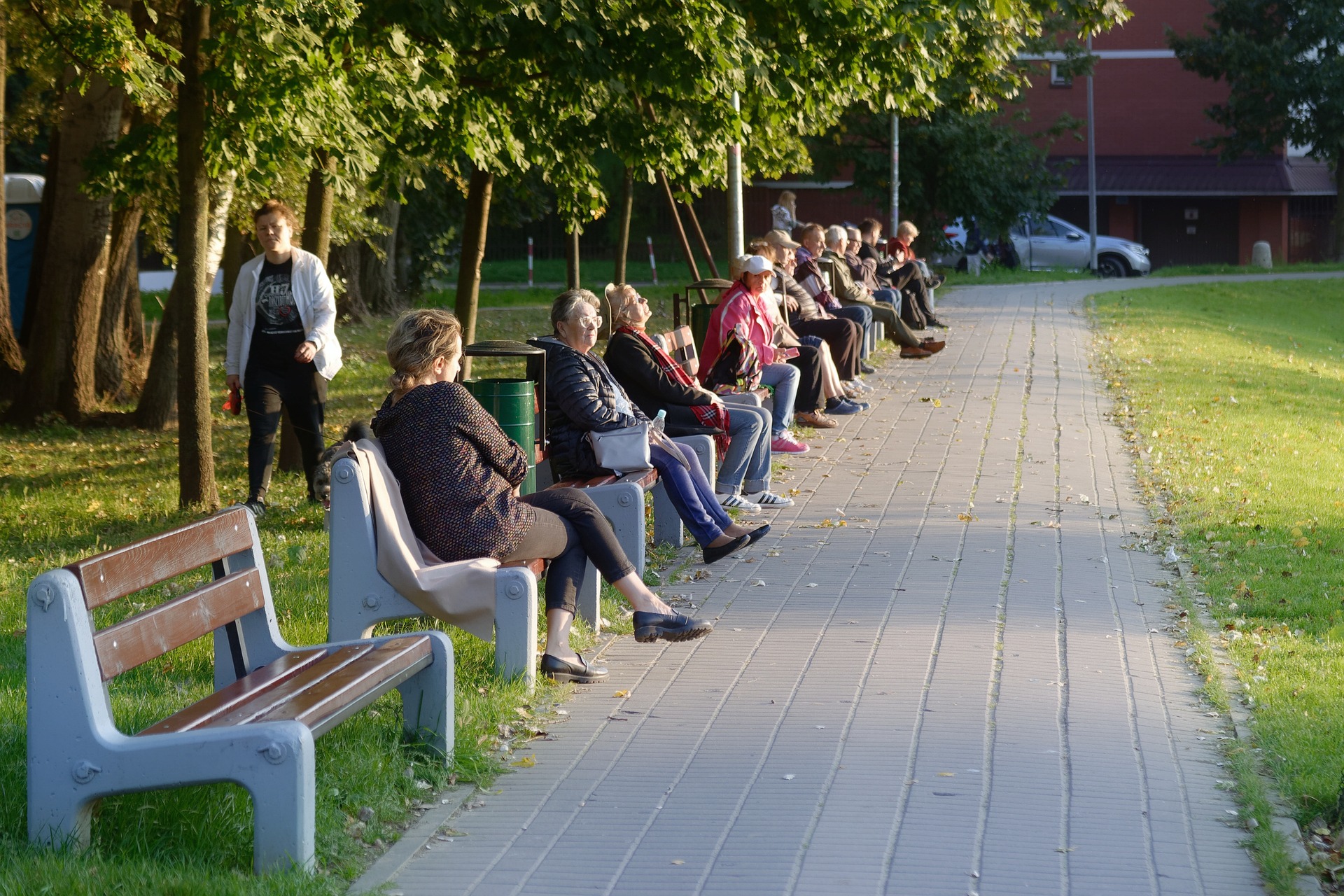The Unrecognized Power of Introverts in Modern Society
As society progresses, we often see new social dynamics and cultural shifts taking shape. One such shift we're witnessing is the increased recognition of introverts and the unique strengths they bring to the table. Deeply ingrained in our societal fabric, this phenomenon deserves our attention. Read on to explore the world of introverts and their significant role in our contemporary society.
The Misunderstood Introvert: A Brief History
Historically, introverts have been misunderstood and, in many cases, undervalued. Western societies, in particular, have often prized extroverted qualities such as outgoingness, assertiveness, and sociability. However, the perception of introverts as shy, withdrawn, or antisocial is a shallow misinterpretation of their nature.
Introverts, by definition, are individuals who gain energy from solitude and prefer quieter, more introspective activities. This doesn’t mean they avoid social interactions; instead, they seek meaningful, deep connections instead of casual small talk.
The Quiet Revolution: The Rise of the Introvert
In recent times, there’s been a societal shift towards a greater understanding and appreciation of introverts. Susan Cain’s book, “Quiet: The Power of Introverts in a World That Can’t Stop Talking,” has been instrumental in this shift. The book argues that modern Western culture undervalues introverts and that this is a grave mistake.
This acknowledgment of introverts’ strengths is resulting in a ‘quiet revolution.’ Businesses, workplaces, and educational institutions are now beginning to understand the value of introverted traits and are adapting their environments accordingly.
The Introvert Advantage: Strengths and Contributions
Introverts possess a plethora of strengths. They often excel at listening, paying attention to detail, and thinking before acting—all of which are incredibly valuable in both personal and professional environments. Their ability to work independently means they can be highly productive without constant supervision or external motivation.
Furthermore, introverts often display high levels of empathy, enabling them to understand and connect with others on a deep level. This makes them excellent leaders, despite the common stereotype of the charismatic, extroverted leader.
The Future of Introversion: Implications and Predictions
The increasing recognition of introverts and their strengths has important implications. As societies and institutions continue to adapt to accommodate different personality types, we can expect a more inclusive, diverse, and effective social structure.
Moreover, in a world where virtual communication is becoming the norm, introverts—who often thrive in online environments—may find their abilities even more valued. The future looks promising for those who draw their energy from within, signaling a cultural shift towards embracing diversity in all its forms.
To conclude, the emergence of introverts and the recognition of their strengths is a testament to society’s evolving understanding of human behavior. As we continue to challenge and redefine societal norms, introverts can finally claim their place in the spotlight—not that they’d necessarily want to be there!





